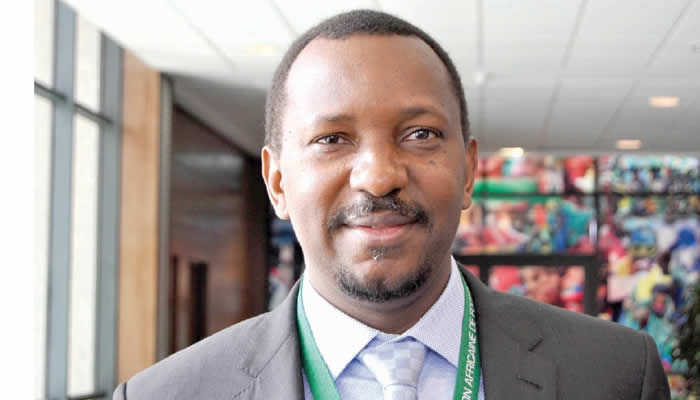The decay of Nigeria’s sporting infrastructure has become a pressing concern, hindering the nation’s ability to host international competitions and nurture local talent. Shehu Dikko, Chairman of the National Sports Commission, has pointed fingers at some state governors, accusing them of obstructing efforts to revitalize the sports ecosystem. Dikko highlighted the stark reality that only one stadium in Nigeria currently meets international standards, forcing the nation to consider playing matches abroad if that venue becomes unavailable. This is despite Nigeria possessing numerous stadiums scattered across the country, most of which are either abandoned or poorly maintained, a testament to poor leadership and misplaced priorities. Dikko emphasized the detrimental effect of pervasive synthetic pitches, often chosen for their affordability and durability, arguing that these substandard surfaces impede athlete development and long-term progress.
To address these challenges, Dikko outlined the commission’s three-pronged strategy: Reset, Refocus, and Reload. This approach emphasizes a deliberate and intentional effort to revitalize sports infrastructure. A key element of this strategy is securing increased funding for sports development, with the Abuja Stadium serving as the pilot project. Recognizing the need for expertise, the government has engaged a team of international stadium specialists who have worked on prestigious venues like the San Siro, Juventus Stadium, and Real Madrid’s stadium. These experts are scheduled to arrive in Nigeria to assess the current state of the stadiums and develop a realistic rehabilitation plan based on available resources. The ultimate goal is to establish at least one international-standard stadium in each of the six geopolitical zones, followed by a scaled-down approach for smaller venues and collaboration with the private sector to provide functional pitches for schools and communities.
A significant obstacle to the growth of Nigerian sports, according to Dikko, is the pervasive glorification of foreign football by public officials, often at the expense of local leagues and teams. He recounted his personal journey from being an ardent Manchester United supporter to realizing the negligible benefits derived from hosting the team in Abuja in 2008. The substantial revenue generated for the foreign club contrasted sharply with the lack of positive impact on Nigeria’s own football ecosystem. This experience became a turning point, prompting Dikko to champion domestic football. During his tenure as league chairman, he even implemented penalties for officials wearing foreign jerseys to underscore the importance of supporting local teams.
Dikko’s critique extends to the broader culture of prioritizing foreign leagues over domestic competitions, emphasizing the need for a shift in mindset among public officials. While acknowledging the personal freedom to support any club, he stressed that such support should not come at the detriment of Nigeria’s own sporting programs. He even expressed his ambition to convince the president to ban government officials from publicly wearing foreign club jerseys, a bold proposal aimed at promoting national sporting pride and shifting focus to local talent. This stance ignited a debate with Segun Odegbami, who questioned the feasibility of such a ban given the deep-seated affinity of many governors for foreign clubs.
The discussion highlighted the complex interplay between the allure of international football and the necessity of nurturing domestic leagues. While the popularity of foreign leagues is undeniable, Dikko argued for a balanced approach where support for international football does not overshadow the development of local talent and infrastructure. He illustrated the potential of local production by recalling a 2016 domestic league tour in Spain, where the Nigerian team’s insistence on locally made kits sparked international interest in the Nigerian brand Owu, creating jobs and boosting visibility for Nigerian businesses. This example serves as a powerful reminder of the economic and symbolic benefits of prioritizing local industries.
The revitalization of Nigeria’s sports ecosystem requires a multi-faceted approach, addressing not only infrastructural deficiencies but also cultural biases that favor foreign leagues. Dikko’s advocacy for prioritizing local talent, investing in quality infrastructure, and fostering national pride in Nigerian sports represents a crucial step towards a future where Nigerian athletes can thrive on home soil and compete on the global stage. The challenge now lies in translating these aspirations into concrete action, overcoming the resistance of vested interests, and fostering a collective commitment to building a vibrant and sustainable sporting future for Nigeria. The success of this endeavor will depend on a concerted effort from all stakeholders, including government officials, sports administrators, private sector partners, and the Nigerian public, to prioritize the growth and development of Nigerian sports.














